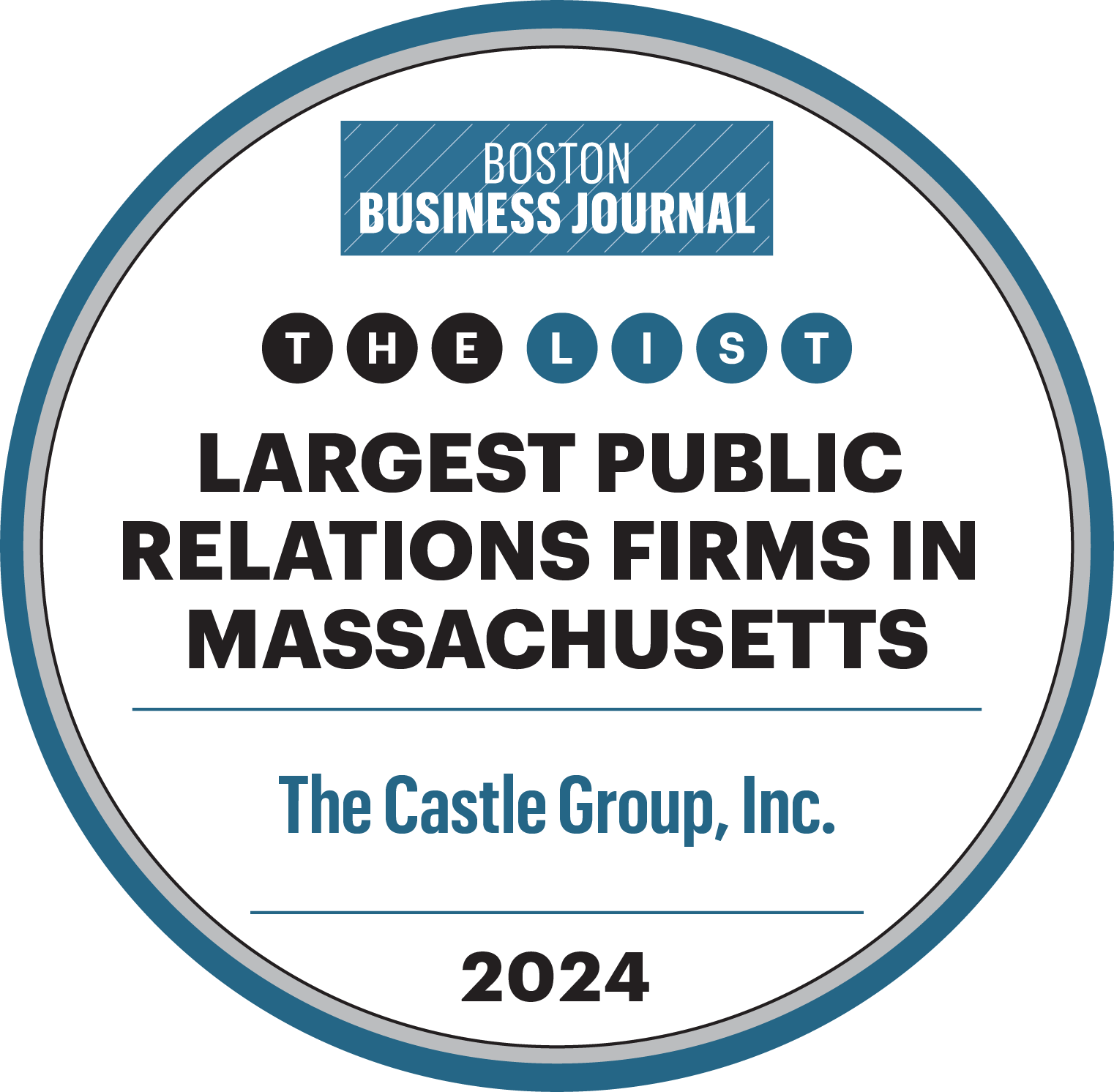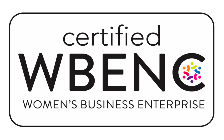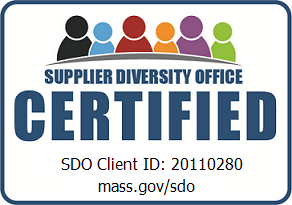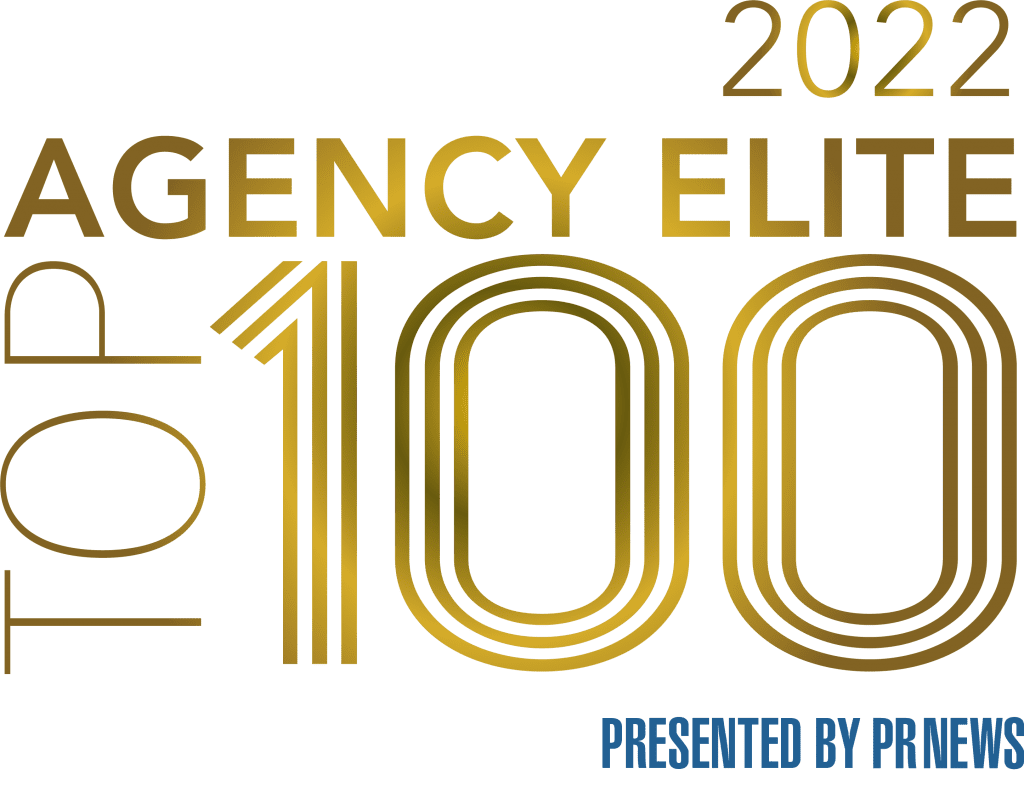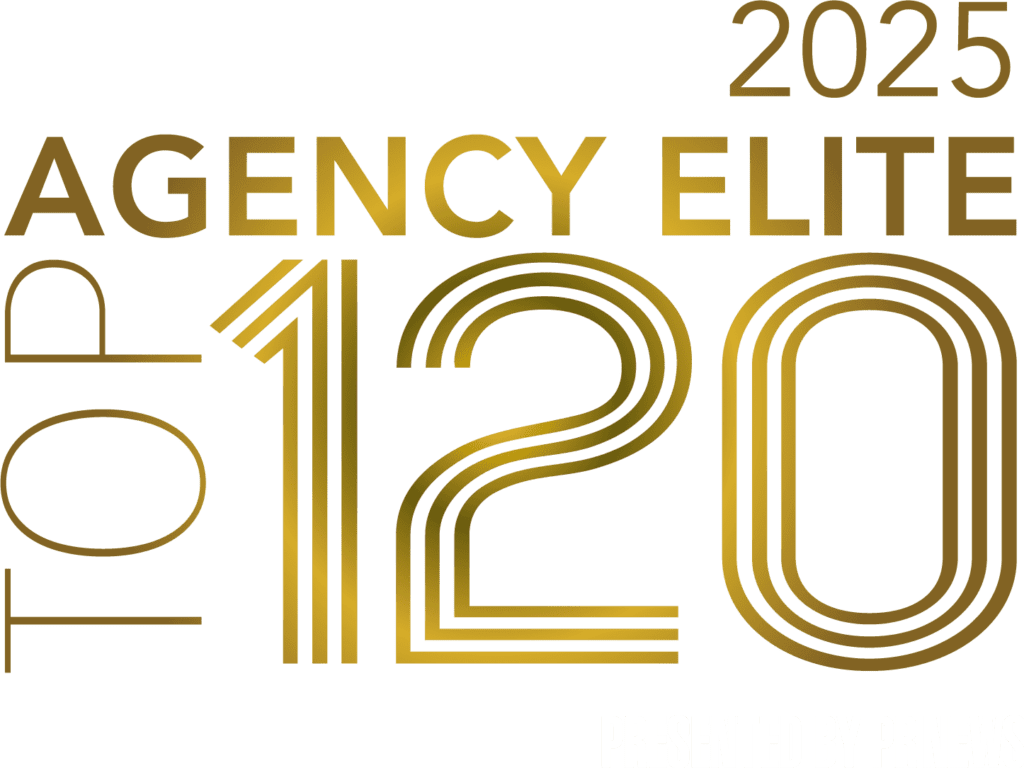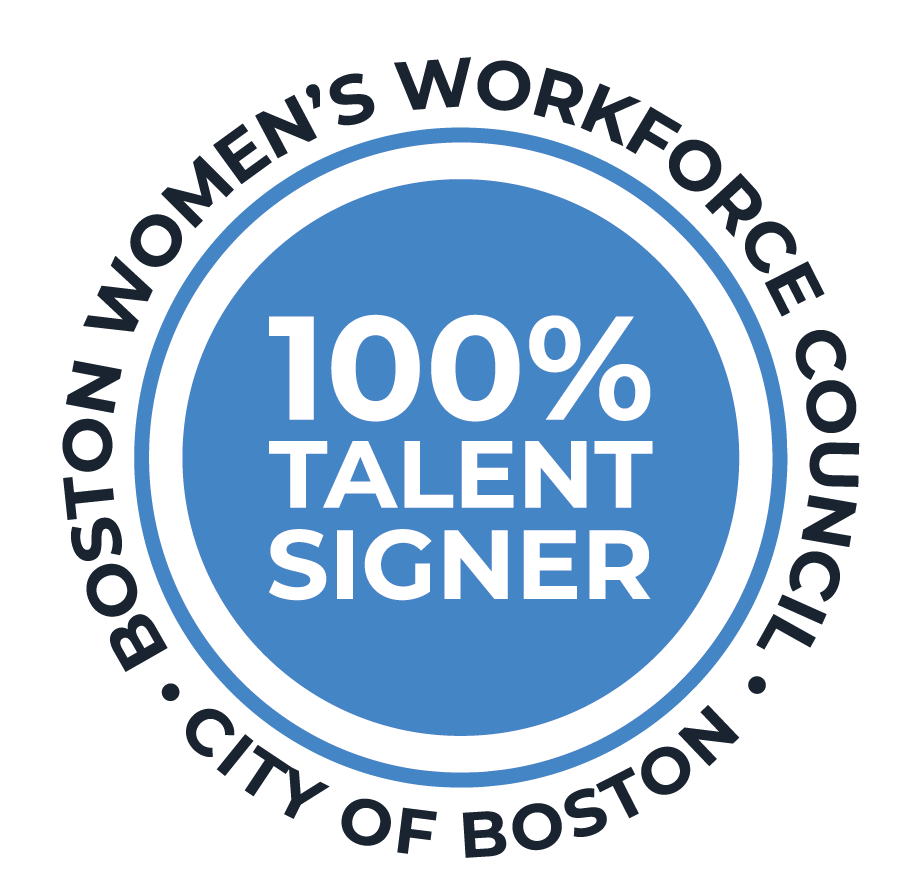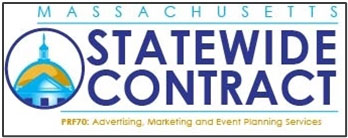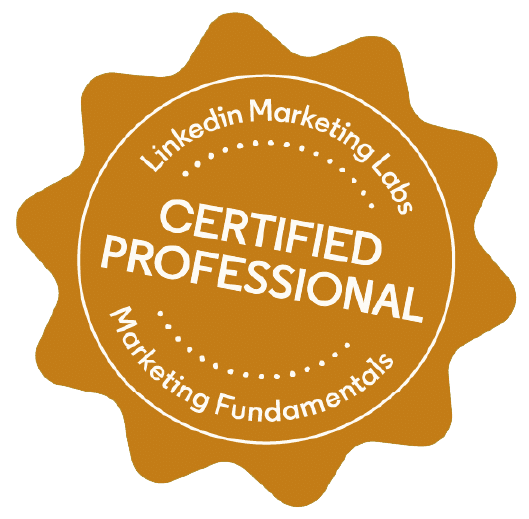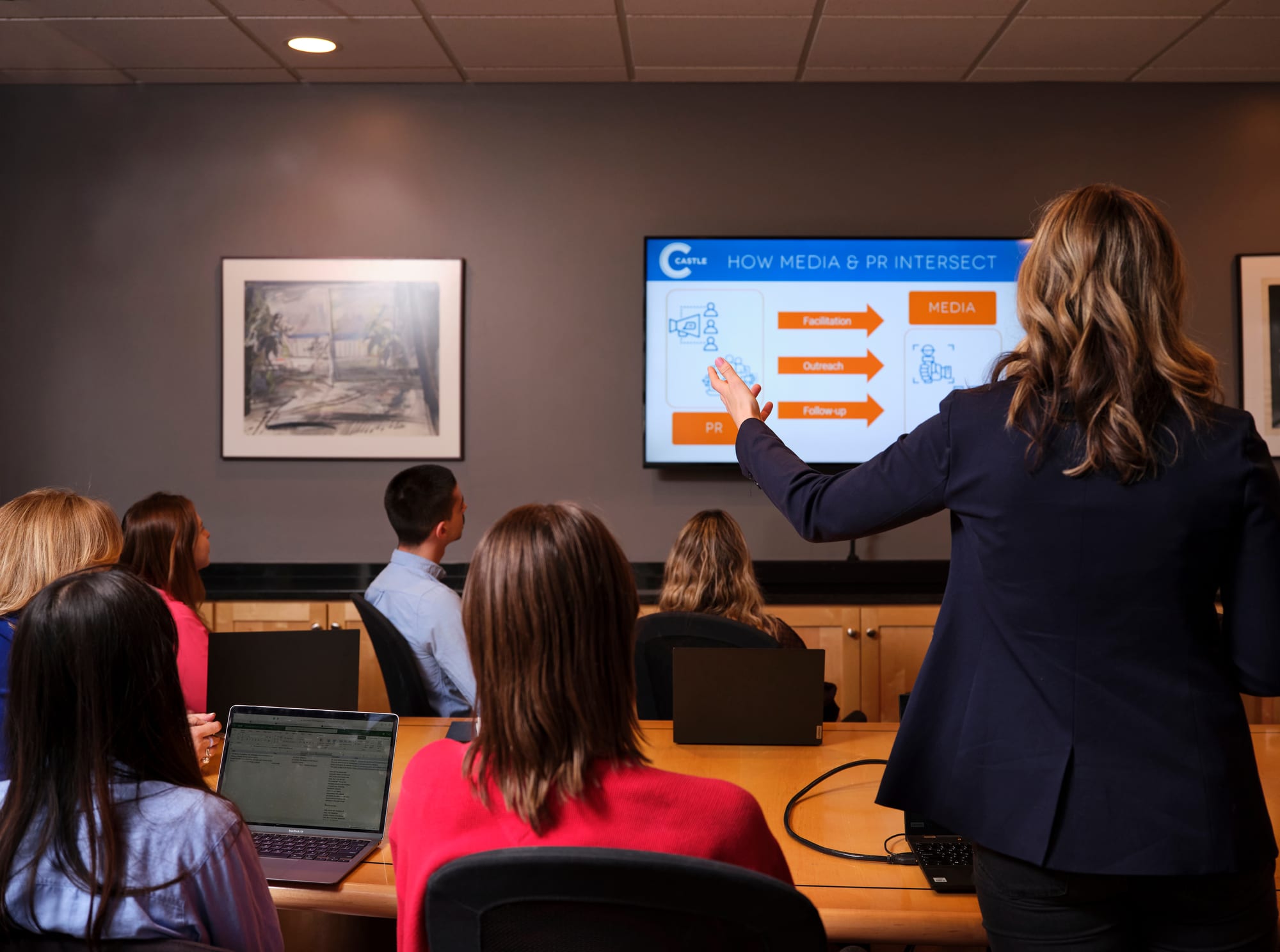
CORPORATE PR MEDIA TRAINING FOR EXECUTIVES & SPOKESPEOPLE
Every organization has multiple executives who speak to the media on behalf of their institution. A president shares the company’s vision; a CFO discusses financials; a subject matter expert promotes research findings or discusses trends; a PR professional serves as the spokesperson in a utility role on a broad range of topics and story ideas.
Media training is a valuable exercise to ensure all spokespeople, from seasoned executives to newer professionals, have developed the skills to effectively deliver news and key messages confidently, and consistently while adequately positioning the institution and managing potential risks.
Whether it’s a refresher or a first-time training, the importance of being fully prepared for a media interview cannot be overstated. Knowing what to expect and how to respond to complex lines of questioning and different interview styles will better position a spokesperson as a valuable resource and strengthen the relationship with a reporter/editor.
KEY MEDIA TRAINING TAKEAWAYS
- Learn how the media works in today’s fast-paced news cycle
- Prepare for an interview – know your audience and anticipate questions
- Communicate a clear, consistent message – tips for responding and reframing, as needed
- The actual interview – what to wear, what to expect, what to do (and not do)
EXPERT PRESS & MEDIA TRAINERS WITH EXTENSIVE EXPERIENCE
The Castle Group has decades of experience in media training, preparing top executives in multiple industries, such as financial services, higher education, technology, non-profits, and consumer brands. As media trainers have worked in both public relations and the media, participants gain first-hand knowledge and insight into the interview process.
MEDIA TRAINING COURSE FORMAT
- Full-day and half-day sessions are available and are tailored to meet client needs and goals
- Castle’s team includes one-to-two media trainers and a videographer
- The training is typically broken into two segments:
- Part 1: discuss media interview techniques, challenges, key messages, nonverbal communications, and scenarios
- Part 2: videotape multiple mock interviews with each participant and provide feedback/critique/review on the participant’s performance
- If the client prefers, Castle provides the videotaped interviews so participants can continue to review, refresh, and remember how to best participate in and manage interviews, from general to crises
PR MEDIA TRAINING FAQ
Effective communication is paramount in the ever-evolving landscape of public relations. In today’s digital age, where information travels at lightning speed, the ability to articulate your message clearly and confidently can make or break your brand’s reputation. This is where media training is an invaluable tool for PR professionals and organizations.
Media training is a tailored program that prepares participants to engage with the media or other stakeholders effectively. It encompasses a range of techniques aimed at honing communication skills, managing interviews, handling tough questions, staying on message, and delivering key messages succinctly. Media training equips spokespeople with the tools and confidence to navigate various media platforms, including interviews, press conferences, and public appearances.
See our Media Training Course Format above.
As a company spokesperson, your words can inspire change and uplift your company’s message, mission, goals, and milestones. They can also create headlines. If unprepared, things can go south fast. The ability to talk to reporters, answer their questions, and stay on message is an essential skill, and doing so effectively can help mitigate reputational harm or potential crises.
Protecting Reputation: In the age of social media and instant news, an interview misstep can tarnish a brand’s or a person’s reputation. Media training ensures that spokespeople are prepared to handle tough questions and potential crises, mitigating the risk of negative publicity. Media training is a strategic investment in your company’s reputation.
Building Trust: A well-trained spokesperson who communicates effectively can instill trust and credibility in the eyes of the audience. When messages are delivered confidently and consistently, you elevate your profile among key audiences – the media, partners, and other stakeholders.
Maximizing Opportunities: Media training empowers individuals to maximize media opportunities. Whether it’s a feature story, a televised interview, or a press release, media-trained spokespeople can use these platforms to convey their message persuasively and garner positive attention for their organization.
Media training can be a highly effective communication tool for your organization – evidenced by the enhanced communication skills and confidence exhibited by those we have trained.
Media training is most effective if participants are engaged and willing to participate. Our training is dynamic, offering opportunities for discussion, review, and practice. However, a CEO distracted by his inbox or a Director of Marketing who wants to avoid being in the room will not get much out of our program. To minimize distractions and maximize participation and effectiveness, we recommend blocking off calendars far in advance and not scheduling training during a particularly busy time of year for your organization.
Being media trained means possessing the ability to communicate effectively, stay on message, and manage challenging situations when interacting with the media. Media-trained individuals understand how to convey their message clearly and concisely, regardless of the medium or the nature of the questions asked. They are equipped to manage their body language, tone, and demeanor to project credibility and authority, even in high-pressure situations.
You want your top people ready when a reporter calls. This could be CEOs, COOs, Communications Directors, department heads, etc. Any individual who could serve as a company spokesperson should be media trained. We also approach media training with a lens of messaging training—whoever is delivering your key messages—be that your director of philanthropy, marketing, or fundraising, could benefit from media training.
Our media training programs are custom-tailored to meet your organization’s needs. We offer a range of programs, from half-day to multi-day training, depending on the number of participants and their experience levels.



